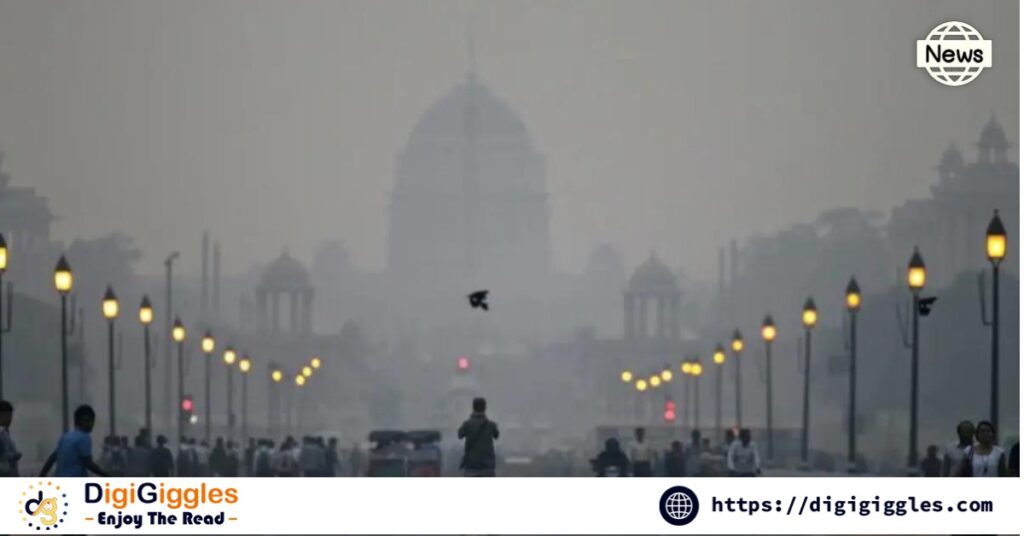
A recent study published in The Lancet Planetary Health journal reveals alarming statistics regarding air pollution in India’s largest cities. According to the study, more than 7% of daily deaths in ten major Indian cities are attributed to high levels of PM2.5 pollution exceeding the World Health Organisation’s safe limits. The study focused on cities including Ahmedabad, Bengaluru, Chennai, Delhi, Hyderabad, Kolkata, Mumbai, Pune, Shimla, and Varanasi. It found that PM2.5 levels, which are particles smaller than 2.5 micrometres and known to penetrate deep into the lungs and bloodstream, exceeded the WHO’s safe limit of 15 micrograms per cubic metre on an alarming 99.8% of days.
Delhi stands out as the city with the highest percentage of daily and annual deaths directly linked to PM2.5 pollution, contributing to approximately 12,000 deaths annually, which accounts for 11.5% of its total deaths. The study highlights a concerning trend where even a small increase in PM2.5 concentration over short periods correlates with a significant rise in daily mortality rates. For instance, a 10 microgram per cubic metre increase in PM2.5 levels over two days is associated with a 1.4% increase in daily mortality. This risk doubles to 2.7% when considering levels below Indian air quality standards, which are less stringent than WHO guidelines.
Researchers emphasized that daily exposure to PM2.5 pollution in Indian cities poses substantial health risks, with locally produced pollutants likely playing a major role in these fatalities. The study’s findings underscore the urgent need for stricter air quality standards and effective pollution control measures across the country. The research, spanning from 2008 to 2019 and involving around 3.6 million daily deaths across the ten cities, is the first comprehensive multi-city analysis of its kind in India. It involved collaboration from international experts including researchers from Varanasi’s Banaras Hindu University and the Centre for Chronic Disease Control in New Delhi. Joel Schwartz from Harvard University, a co-author of the study, stressed the importance of implementing proven pollution control strategies to save lives. He highlighted that measures already successful in other parts of the world could be adapted and implemented urgently in India to mitigate the health impacts of air pollution.
The World Health Organisation has reiterated the severe health risks posed by prolonged exposure to PM2.5 particles, including strokes, heart disease, lung cancer, and various respiratory ailments. They have called for global action to reduce air pollution levels to safeguard public health. This study serves as a critical reminder of the pressing need for comprehensive and effective policies to combat air pollution in urban India, ensuring cleaner and healthier environments for its residents.